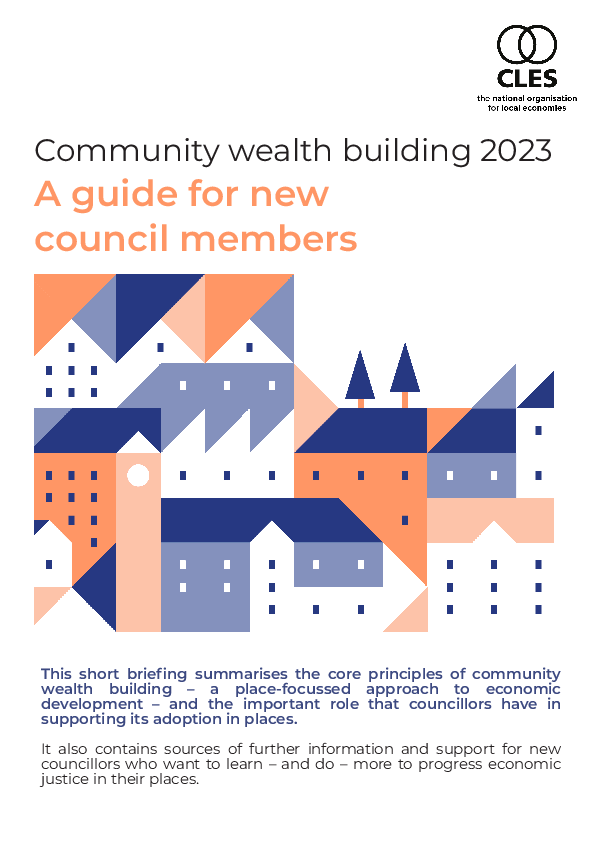Westminster fiddles while local government burns
As the Government prepares for its last Spring Budget before the upcoming general election, it’s easy to assume that all eyes are fixed on Westminster. The reality, however, is that the soldiers in the trenches of our local economies – politicians, officers and activists – are more concerned about their existential future, and are expecting little, if anything, from this Budget – writes CLES researcher, Tallulah Eyres.
Released last week, the LGiU’s annual state of local government finance report argues that the dire state of local government finances now goes well beyond business as usual. The balance has tipped, they say, and the report paints a desperate picture of councils grappling with insufficient funding to maintain essential services, with more than half of local government leaders warning that they now face bankruptcy in the next five years. Despite urgent warnings from the IMF to prioritise public spending, there is scant indication of any fundamental change forthcoming from Westminster.
“crumbs from the masters table”
Instead, the anticipated crumbs to fall from the masters table, including extensions of tax advantages for new Investment Zones and Freeports, are primarily focussed on using various fiscal incentives to attract investment. Admittedly, these place-based approaches are targeted towards disadvantaged communities but, as my colleague Sean Benstead uncovered in his research last year into Freeports, previous experiments with low tax and tariff zones have fallen short in addressing regional economic inequality or stimulating job creation. Instead, they risk extracting wealth and opportunity from hard-pressed communities by diluting workers’ rights, displacing businesses and facilitating tax evasion.
















